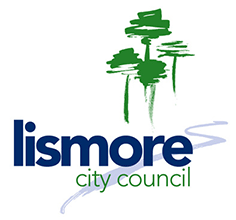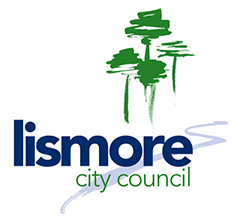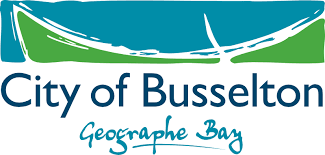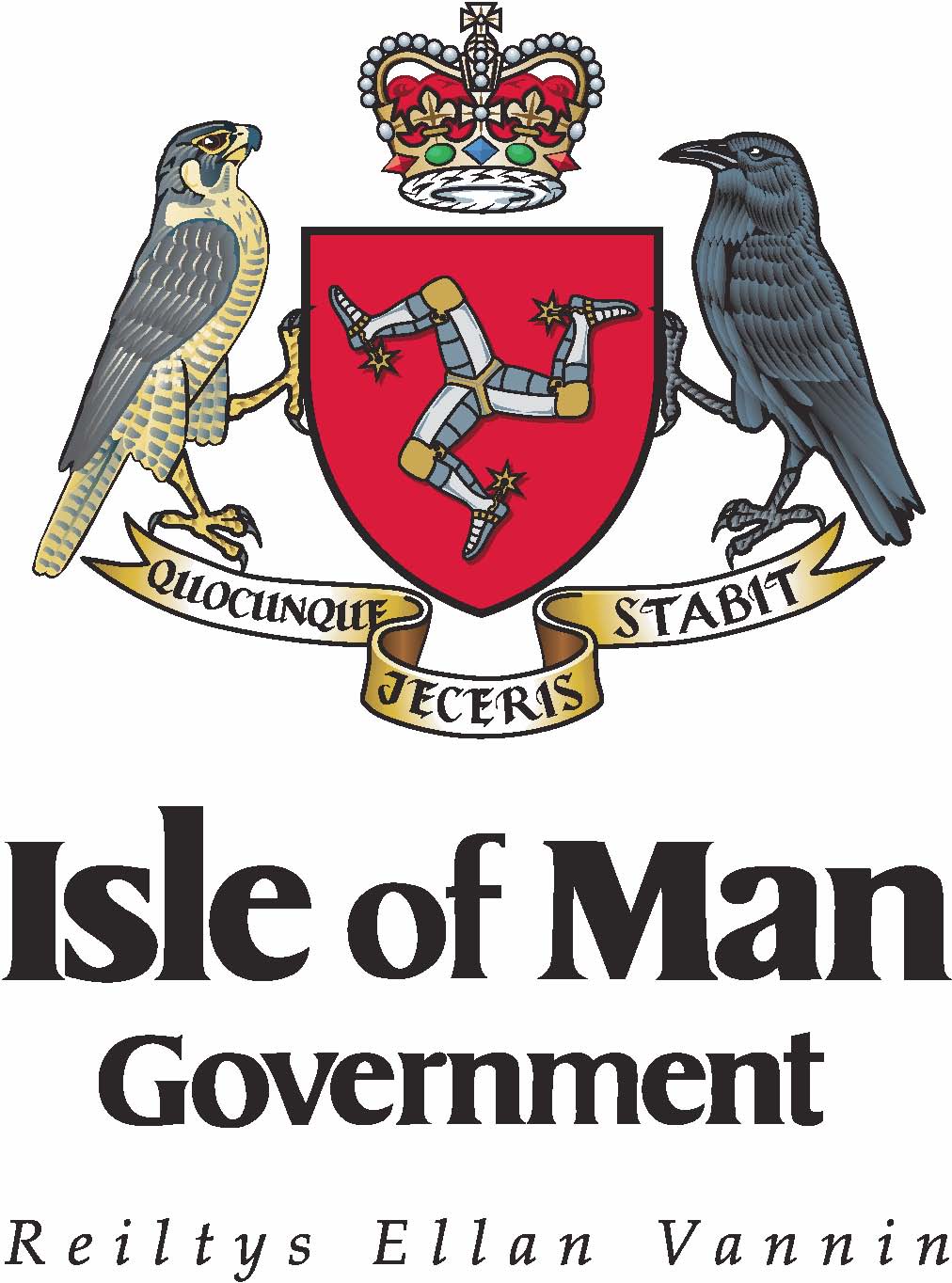Information
-
A trade waste site inspection is an inspection of a commercial or an industrial premises, with the aim of monitoring and auditing the liquid trade waste pre-treatment system for confirmation that the discharger is in compliance with the terms and conditions of an approval or liquid trade waste services agreement.
Routine site inspections are performed on a regular basis as part of the LWU’s due diligence responsibilities or as part of the conditions of approval or liquid trade waste agreement. All trade waste discharges shall be inspected at least once per annum. -
Liquid Trade Waste Reference Number
-
Site/Client
-
Location
-
Lot Section & DP
-
Parcel number
-
Assessment number
-
Conducted on
Contact Details
-
Contact Person on the day
-
Business phone number
-
Business owners name
-
Business mailing address
-
Business email address
-
Photograph of front of business
-
Re-inspections are required where incidents or breaches have been observed during this audit.
A re-inspection fee shall apply. The re-inspection may ascertain that :
* The non-compliance has been rectified;
* Procedures have been initiated to prevent re-occurrence;
* Steps have been taken to modify the pre-treatment;
* Steps in an Effluent Improvement Plan have been completed; &
* A discharge may or may not be from the premises as the result of a pollution inquiry investigation such as a dumping incident.
Liquid Trade Waste Discharge Approval
-
Do you have a current approval to discharge LTW?
-
In order to conduct a valid site assessment in a conscientious and professional manner a copy of the relevant pages outlining the conditions of approval for discharge is necessary for auditing purposes.
-
Is there a print out of the determination (with approval conditions) on site?
-
Determination Expiry Date
-
Business Type
- Animal wash – dog pounds/boarding kennels/ stables/ racecourses/mobile animal wash, veterinary with no X-ray
- Beautician
- Boiler blowdown
- Car detailing
- Comfort Cooling tower flow rate < 500 L/hr
- Crafts – ceramic, pottery, jewellery, gem stones etc. (including hobby clubs)
- Dental surgery
- Doctor’s surgery, medical centre – plaster casts made on site (no X-rays or laboratory)
- Florist
- Funeral parlour
- Hairdressing
- Laboratory – pathology/analytical
- Laundry or laundromat (coin operated)
- Lawnmower repairs
- Mechanical workshop
- Mobile carpet cleaning
- Mobile garbage bin washing
- Optical service (retail)
- Pet shop (retail)
- Photographic
- Plants (retail) (no open space or nursery)
- Primary School - Crafts
- Secondary School - Cooling Towers
- Secondary School - Photographic
- Secondary School - Science Laboratory
- Stone working
- Swimming Pool/Spa/Hydrotherapy Unit
- Vehicle washing - hand/wand-type/drive through car wash/ car underbody/engine degrease
- Venetian blind cleaning
- Veterinary and animal kennels (with X-ray)
-
Classification
-
Category
-
Water Meter #
-
Meter size
- 20mm
- 25 mm
- 32 mm
- 40 mm
- 50 mm
- 80 mm
- 100 mm
-
Sewerage Treatment Plant catchment
-
Sewerage Pump Station catchment
-
Sewerage Pump Station catchment
- Allambie Drive
- Ashgrove Drive
- Barham Street
- Blue Hills
- Caldwell Avenue
- Donnans Road
- George Drive
- Gravity
- Heather Avenue
- Just Street
- Kadinia Street
- Millar Street
- Palmvale Drive
- Park Avenue
- Rous Road
- Wade Park
-
Sewerage Pump Station catchment
- Airport
- Brunswick Street
- Caniaba Road
- Colemans Point
- Dawson Street
- Fredericks Road
- Gerard Street
- Habib Drive
- Hollingsworth Creek
- North Lismore
- Rowing Club
- South Lismore
- Tuncester
Reason for Inspection
-
Reason
- New Discharger
- Initial Inspection
- Routine Annual Inspection
- Re-Inspection
- Investigation
- Sample taken
PRETREATMENT
Pretreatment Type
-
Required
- Grease arrestor
- Dry basket arrestor with fixed screens
- Sink screen/strainer
- Fixed or removable mesh screen
- Coalescing plate interceptor or separator
- Vertical gravity separator
- Hydrocyclone separation system
- Cooling pit
- Balancing, averaging, neutralising pit/tank
- General purpose pit
- Solids settlement pit / silt arrestor
- Baffled settlement pit
- Lint screen
- Plaster arrestor
-
In Place
-
Maintained
-
Condition OK
-
Compliant
Pretreatment Type
-
Required
- Grease arrestor
- Dry basket arrestor with fixed screens
- Sink screen/strainer
- Fixed or removable mesh screen
- Coalescing plate interceptor or separator
- Vertical gravity separator
- Hydrocyclone separation system
- Cooling pit
- Balancing, averaging, neutralising pit/tank
- General purpose pit
- Solids settlement pit / silt arrestor
- Baffled settlement pit
- Lint screen
- Plaster arrestor
-
In Place
-
Maintained
-
Condition OK
-
Compliant
Pretreatment Type
-
Required
- Grease arrestor
- Dry basket arrestor with fixed screens
- Sink screen/strainer
- Fixed or removable mesh screen
- Coalescing plate interceptor or separator
- Vertical gravity separator
- Hydrocyclone separation system
- Cooling pit
- Balancing, averaging, neutralising pit/tank
- General purpose pit
- Solids settlement pit / silt arrestor
- Baffled settlement pit
- Lint screen
- Plaster arrestor
-
In Place
-
Maintained
-
Condition OK
-
Compliant
Pretreatment Type
-
Required
- Grease arrestor
- Dry basket arrestor with fixed screens
- Sink screen/strainer
- Fixed or removable mesh screen
- Coalescing plate interceptor or separator
- Vertical gravity separator
- Hydrocyclone separation system
- Cooling pit
- Balancing, averaging, neutralising pit/tank
- General purpose pit
- Solids settlement pit / silt arrestor
- Baffled settlement pit
- Lint screen
- Plaster arrestor
-
In Place
-
Maintained
-
Condition OK
-
Compliant
Pretreatment Type
-
Required
- Grease arrestor
- Dry basket arrestor with fixed screens
- Sink screen/strainer
- Fixed or removable mesh screen
- Coalescing plate interceptor or separator
- Vertical gravity separator
- Hydrocyclone separation system
- Cooling pit
- Balancing, averaging, neutralising pit/tank
- General purpose pit
- Solids settlement pit / silt arrestor
- Baffled settlement pit
- Lint screen
- Plaster arrestor
-
In Place
-
Maintained
-
Condition OK
-
Compliant
Additional notes
Containment Methods
-
STORMWATER INGRESS MITIGATION
-
Stormwater: Isolated from sewer
-
Stormwater: Roofing
-
Stormwater: Bunding
-
CHEMICAL / OIL STORAGE
-
Chemical / oil storage: Isolated from sewer
-
Chemical / oil storage: Roofing
-
Chemical / oil storage: Bunding
-
Additional notes
Housekeeping/other
-
Spill Procedure Satisfactory
-
Separator Site Accessible
-
Separator Maintenance Documents
-
Oil disposal by DECCW approved contractor
-
Coolant disposal by DECCW approved contractor
-
Spent Filters disposal to DECCW approved site
-
Oily Rags & Absorbent material disposal to DECCW approved site
-
Activities within classification /approval
-
Current Material Safety Data Sheets (MSDSs) available
-
Correct Back flow prevention device in place
-
Back flow Prevention Device certification to Council current
-
Additional notes
FOLLOW UP REQUIREMENTS
-
- Immediate
- 1 week
- 2 weeks
- 1 month
- 6 months
- 12 months
-
- Immediate
- 1 week
- 2 weeks
- 1 month
- 6 months
- 12 months
-
- Immediate
- 1 week
- 2 weeks
- 1 month
- 6 months
- 12 months
General Comments
Information to be provided to Council
-
- None
- Liquid Trade Waste Application
- Back flow Prevention Device Certification
Further Action
-
Further action required
- Nil
- Reinspection
- Warning letter
- Improvement Notice
- Prohibition Order
- Penalty Notice
- Other
- Pending
-
Comments
Fees to be Charged
-
Apply Inspection fee
Inspection Conducted by
-
Officers Name
- William Lee
- Joe Morrissey
-
NB: Assessment report contains findings from date/time of inspection only
Untitled page
-
LIQUID TRADE WASTE INFORMATION
-
Trade wastewater from the motor industry contains petroleum hydrocarbons, solids, flammable liquids, metals and chlorinated solvents and phenols.
These substances can: -
* release flammable or explosive gases at the premises or in sewers
toxic to aquatic life -
* deteriorate mechanical equipment such as pumps and valves
form deposits in the sewer and cause overflows
accumulate in pumping stations, causing blockages
cause overflows on your site -
* contaminate sewage by-products
interfere with sewage treatment processes
toxic to humans, animals and plants -
* Can be toxic to humans and damage plastic drainage fittings.
-
Council’s requirements and conditions for accepting trade wastewater helps to:
-
* protect people working in and around the wastewater system
-
* protect rivers, waterways and oceans from harmful discharges
-
* protect the wastewater system and treatment plants from damage
-
* encourage waste minimisation, cleaner production and water efficient practices.
-
The goal of local trade waste control programs, therefore, is to promote an appropriate
service to industrial and commercial customers and to protect the community, the
environment, the sewerage collection system and the wastewater treatment process from
adverse effects which may occur when trade waste is discharged into a sewerage system.
This protection can be achieved by regulating trade waste generators and ensuring that
effective waste management practices and appropriate pollution control technologies are
used.














